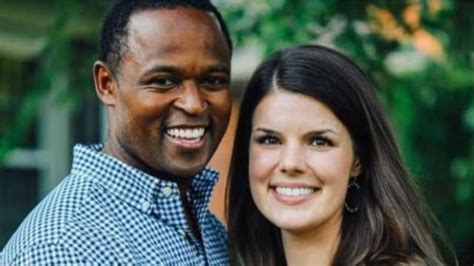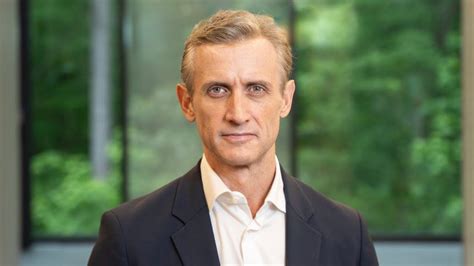A Quote by Donald Trump
I just got the endorsement of the Fraternal Order of Police.We have endorsements from, I think, almost every police group, very - I mean, a large percentage of them in the United States.
Quote Topics
Related Quotes
330,000 members of the Fraternal Order of Police see Trump's commitment to law and order. But they also - they also hear the bad mouthing, the bad mouthing that comes from people that seize upon tragedy in the wake of police action shootings as - as a reason to - to use a broad brush to accuse law enforcement of - of implicit bias or institutional racism. And that really has got to stop.
Many White people are not sensitive to the kind of abuse that African Americans, especially younger African Americans, receive at the hands of police officers and police departments. I think for most Whites their experience with the police has been good or neutral because they don't interact with the police as much as those in the Black community.






























